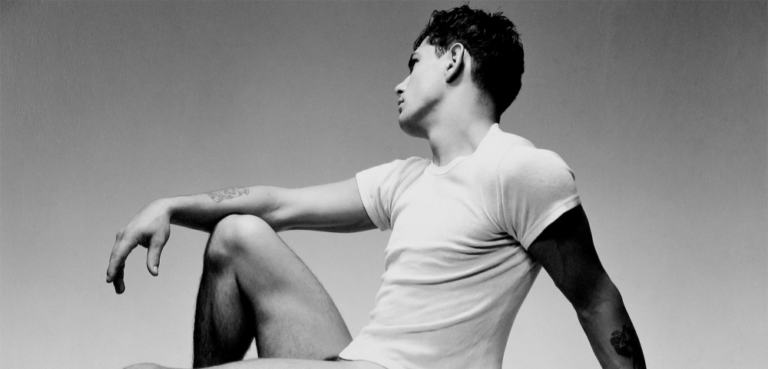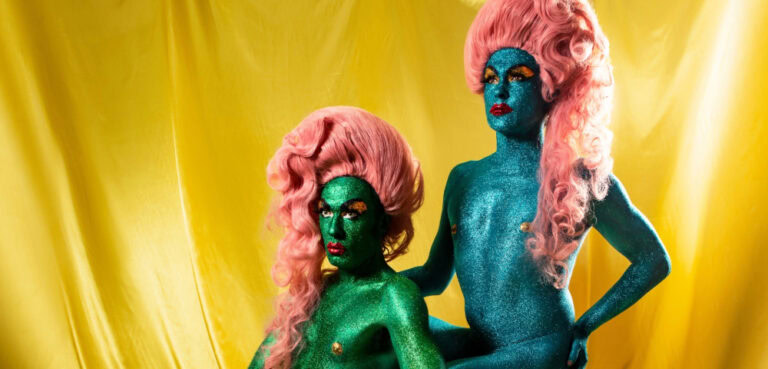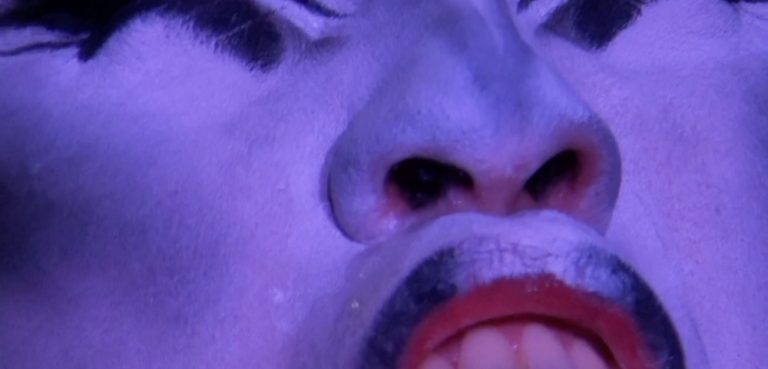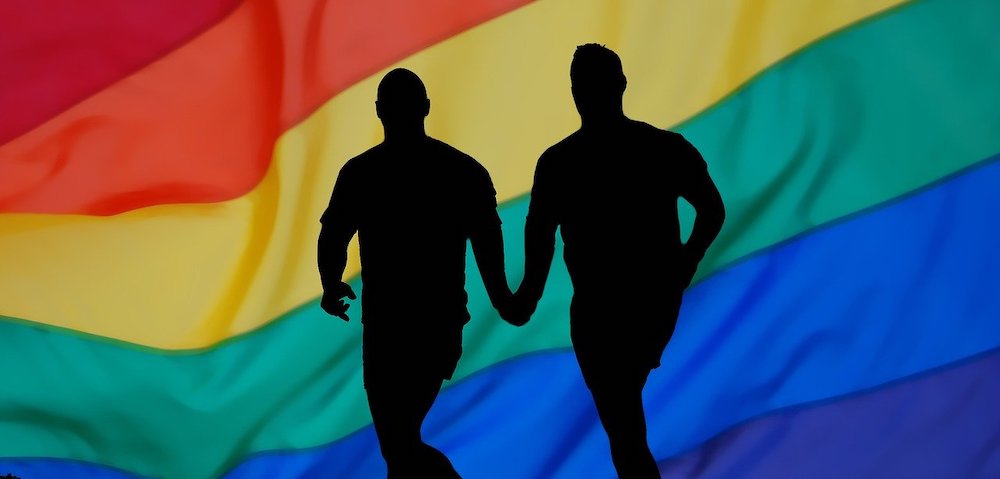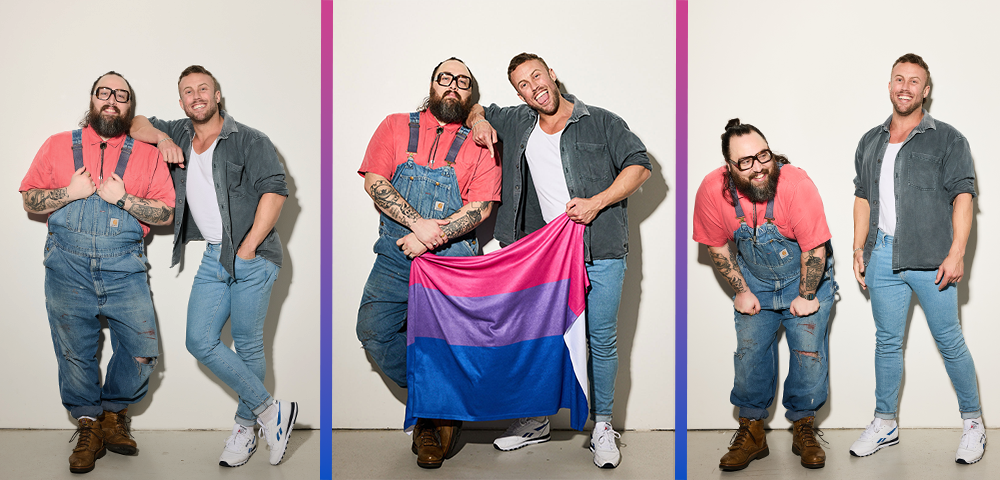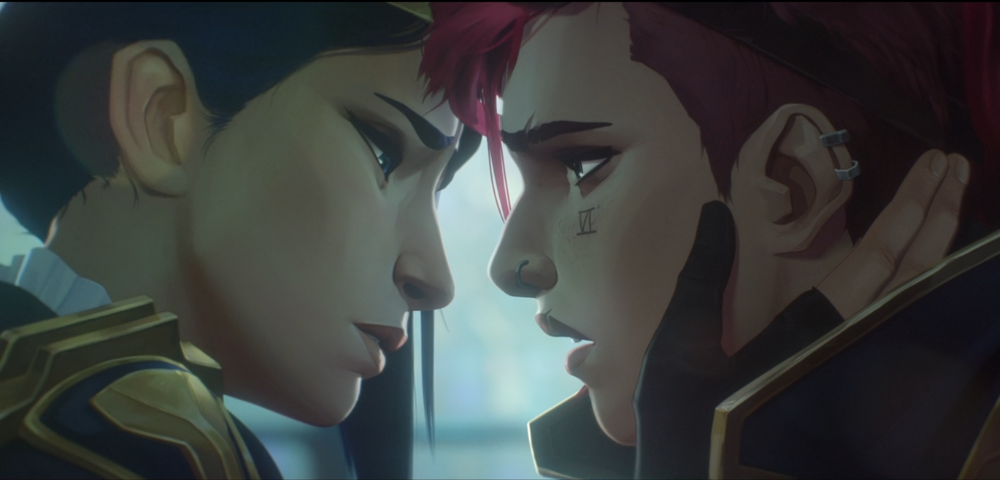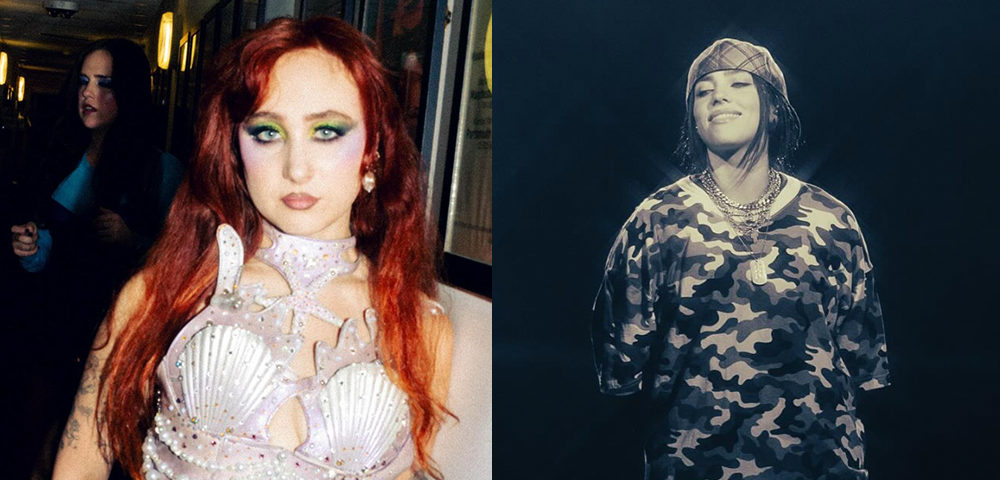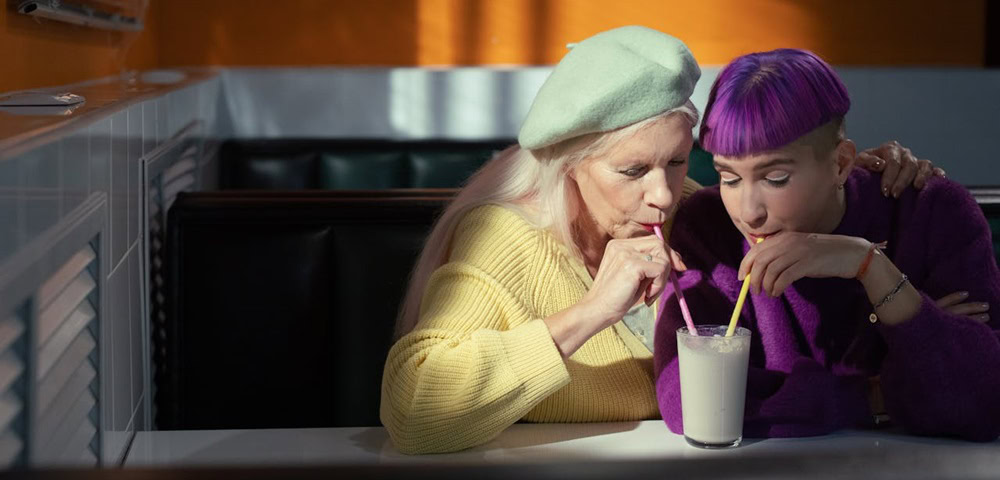
Our rights and protection
The Baillieu Government should be congratulated for preserving the Victorian Charter of Human Rights and Responsibilities.
In retaining the judicial oversight provisions of the charter, a very important democratic principle, namely that of the separation of powers of the executive and of the judiciary, has been upheld.
This means that, if a proposed piece of legislation put before the Victorian Parliament infringes on the human rights of Victorian citizens, the courts can issue a ‘statement of incompatibility’. Parliament can still pass the legislation but it, and the people of Victoria, are put on notice that this is a discriminatory piece of legislation.
For our community it is, perhaps, unfortunate that our economic, social and cultural rights (to say nothing of those of Indigenous people) have still not been enshrined in the charter, but we still have a document that we can all work on refining.
You have our assurance that the Victorian Gay and Lesbian Rights Lobby will continue our efforts to do so. Come and join us, if you feel moved to do so.
There is plenty of room in our various working groups for people with very diverse skills and interests, such as media and communications, membership, fundraising, strategic planning and policy development.
One enjoyable opportunity, at the moment, is participating in Community Encounters, Victoria Police’s training day on cultural diversity for its recruits.
At the moment we’re ‘speed-dating’ all the new Protective Services Officers (PSOs) who are going to be present at railway stations. (As a matter of interest, they seem to be a much more culturally diverse group, themselves, than previous groups of police recruits with whom I’ve come into contact.) This means that, for 15 minutes, we have the opportunity to tell PSOs-in-training what it’s like to be ‘us’.
The recruits’ task is to find out who ‘us’ is. It can be interesting to observe their body language as they try to figure out who ‘we’ are. In the case of rabbis, Muslim women, imams, Sikhs, and people of colour it is easier to figure out who’s who in the zoo.
But, if they see someone from the apparently dominant culture, it’s harder. Some studiously avoid referring to the rainbow lanyard I wear around my neck. Some ‘get it’. Some don’t even know what it means when I point, markedly, at it.
We’ve got a way to go.
INFO: Barbary Clarke is convenor of the VGLRL’s Policy Working Group, and is doing a PhD on women and life-threatening illness.

